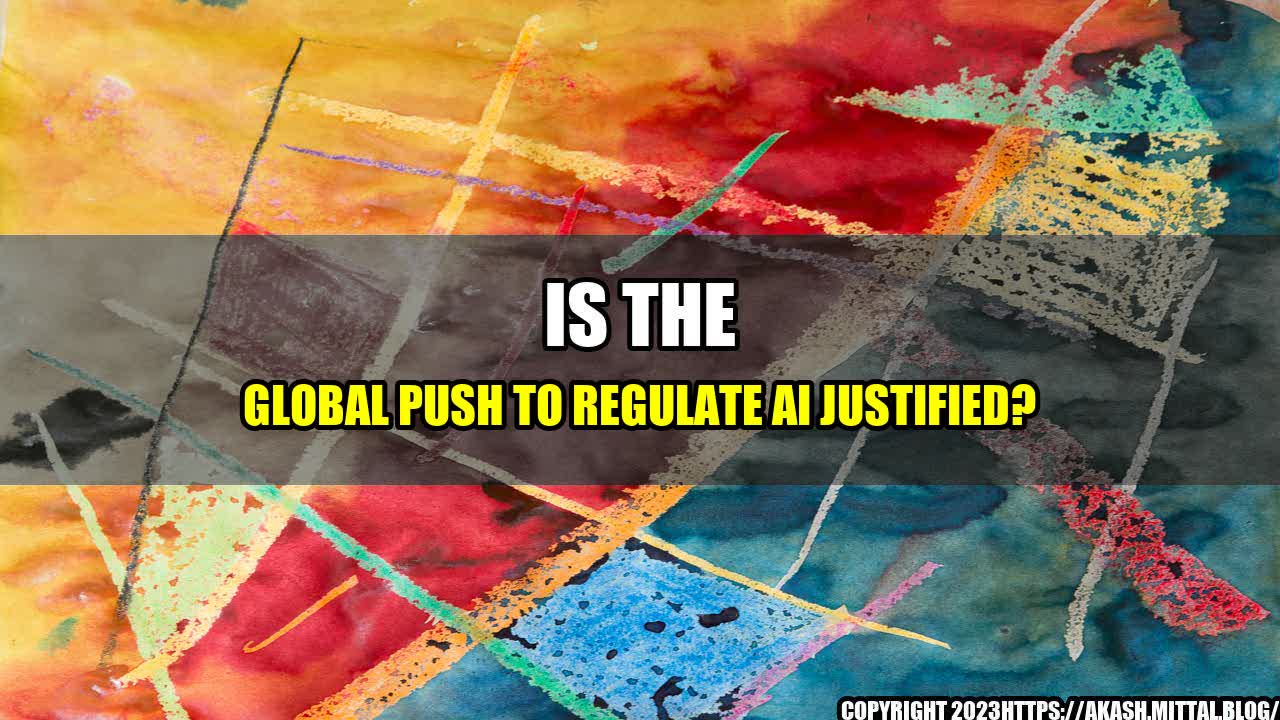
Imagine you walk into your local grocery store and are greeted by a robot who not only takes your order but also gives you cooking recommendations based on your preferences and dietary restrictions. It sounds like a scene from a sci-fi movie, but the reality is that with advancements in artificial intelligence (AI), such scenarios are not too far-fetched.
However, as AI becomes more integrated into our daily lives, there is a growing concern about its impact on society. From ethics to privacy, there are several issues that need to be addressed to ensure that AI is a force for good.
AI has already made significant strides in industries such as healthcare, finance, and transportation. For instance, AI-powered medical robots are being used to perform surgeries with greater precision and accuracy, leading to faster recovery times and fewer complications. Similarly, AI is being used in the finance industry to detect fraud and predict market trends.
However, there are also concerns that AI could lead to job losses, as machines become more proficient at tasks that were previously carried out by humans. In fact, a report by the World Economic Forum suggests that AI could displace 75 million jobs by 2022.
The potential risks of AI have prompted governments around the world to introduce regulations to ensure that it is developed and used responsibly. For example, the European Union's General Data Protection Regulation (GDPR) has strict guidelines on how personal data can be collected and used, to protect individuals' privacy rights.
In the United States, several bills have been introduced in Congress that aim to regulate AI. The Algorithmic Accountability Act, for instance, requires companies to be transparent about how they use algorithms and to assess their algorithms for bias and discrimination. Similarly, the Future of AI Act requires federal agencies to develop a strategy for the safe and ethical use of AI.
China, which is investing heavily in AI research and development, has also introduced guidelines for the ethical use of AI. The guidelines prohibit the use of AI to disrupt social order or to violate individuals' privacy and dignity.
While regulation is necessary to address the potential risks of AI, some experts warn that over-regulation could stifle innovation and hinder the development of new technologies.
For example, in an article for Wired, artificial intelligence expert Yoshua Bengio argues that "innovation in AI requires openness and competition, not bureaucracy and regulation." Bengio suggests that instead of trying to regulate every aspect of AI development, policymakers should focus on specific issues, such as ensuring that AI systems are transparent and explainable.
Similarly, tech entrepreneur and investor Peter Thiel argues that regulating AI could give an advantage to countries like China, which have less strict regulations. Thiel suggests that the focus should be on developing new technologies and creating a competitive market, rather than on regulating existing technologies.
So, is there a middle path between under-regulation and over-regulation of AI? Here are three key points to consider:
AI is a global issue that requires a collaborative approach to regulation. Governments, industry leaders, and experts must work together to develop regulations that balance the need for innovation with the need for accountability.
Regulations should focus on specific issues, such as transparency and accountability, without stifling innovation. Policymakers should work with experts to identify areas of AI development where regulations are necessary and where they could be counterproductive.
AI should be developed with ethics in mind from the start. As AI becomes more integrated into our daily lives, it is essential that it is developed and used in a way that promotes ethical and responsible practices.
The global push to regulate AI is driven by a genuine concern for the potential risks of this powerful technology. However, policymakers must strike a balance between regulation and innovation. To achieve this, a collaborative approach that focuses on specific issues and promotes ethical practices is essential.
Artificial Intelligence
Curated by Team Akash.Mittal.Blog
Share on Twitter Share on LinkedIn